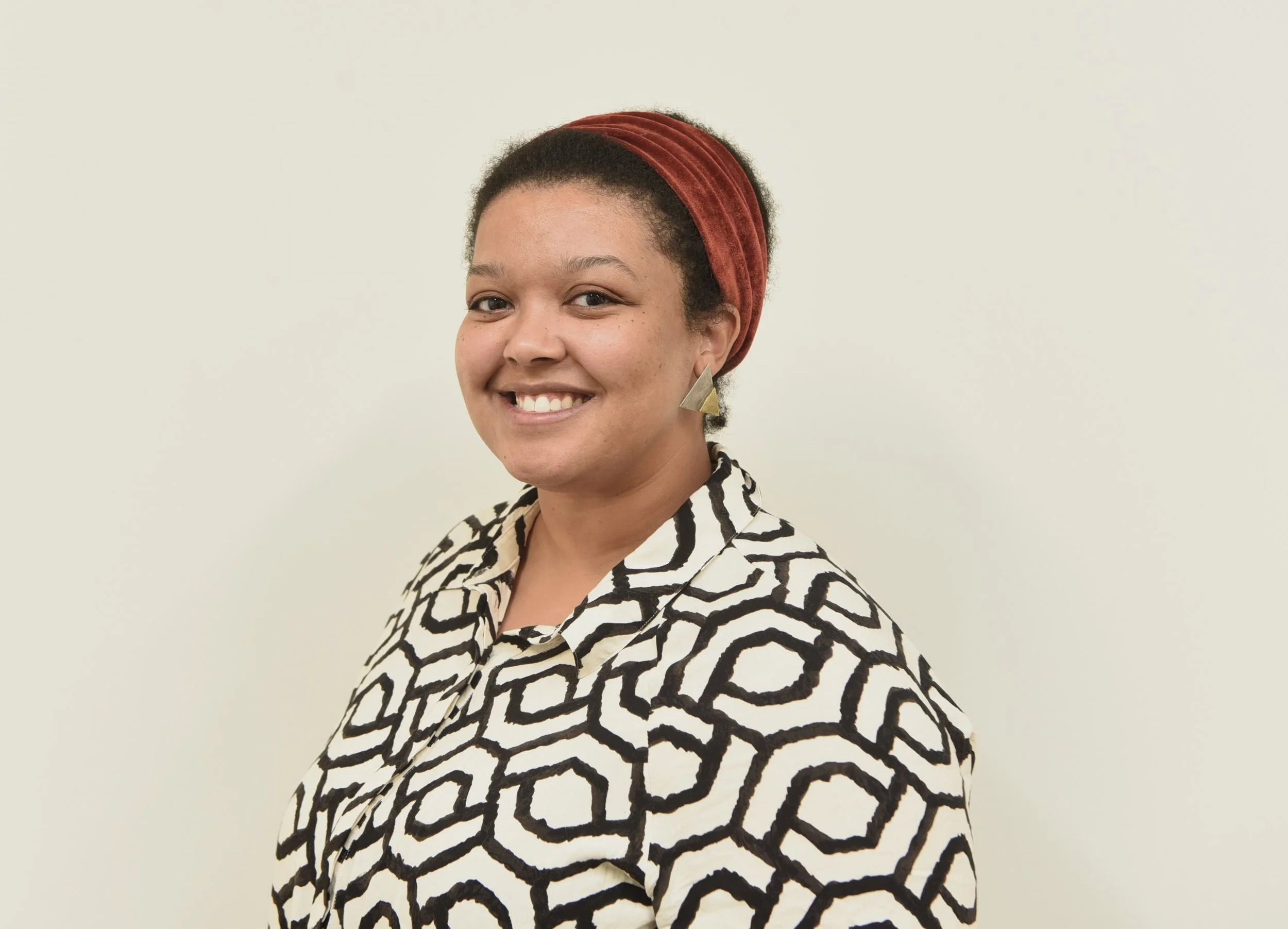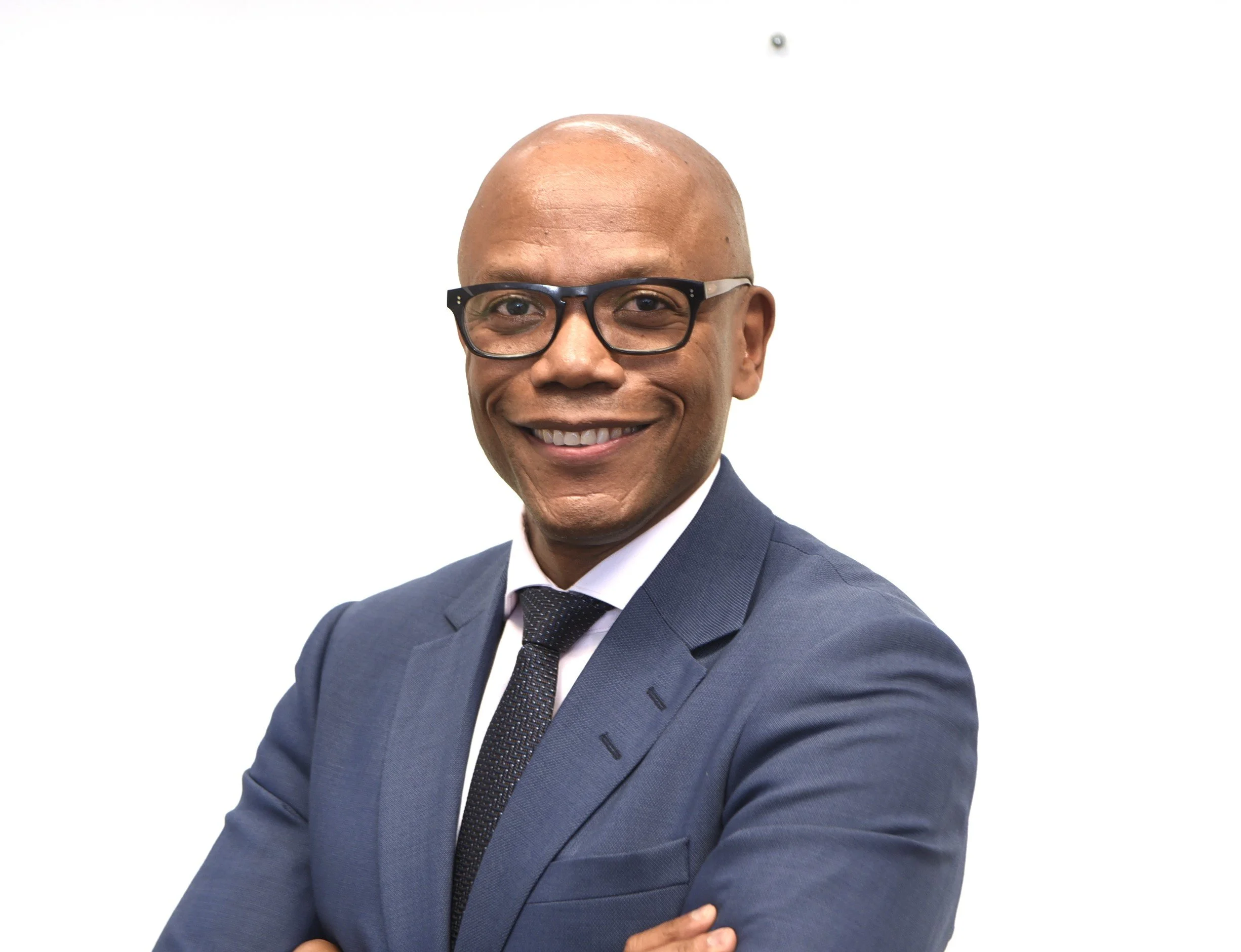Grace-Camille Munroe responsible for planning and developing TMU's Black Scholarship Institute
February 5, 2024
The disparity is bizarre.
Of the just over 900 Toronto Metropolitan University (TMU) faculty, five percent are Black.
How do you change that?
Last year, the university launched the Black Scholarship Institute (BSI) as part of its commitment to combat anti-Black racism as recommended in the 2020 Anti-Black Racism Climate Report where Black students, faculty and staff shared their stories of how anti-Black racism manifested across the university, creating an unwelcoming and hostile environment.
In response to the report, TMU’s President Mohamed Lachemi set up the Presidential Implementation Committee to Confront Anti-Back Racism with three working groups – faculty, students and staff.
They were tasked with developing action plans to implement the report recommendations.
Dr. Grace-Camille Munroe, a Project Manager for the Presidential Implementation Committee to Confront Anti-Black Racism, is the BSI Interim Director responsible for planning and developing the Institute housed in the Faculty of Community Services.
The evidence-based practitioner said the role offers an opportunity to give back to her community and work intentionally to dismantle and uproot systemic forms of anti-Black racism at the university.
“For me, a successful Black Scholarship Institute is about changing the narrative wherein our Blackness is not seen as a pathology anymore, but is proactively embraced, celebrated and valued as an essential part of academia,” Munroe said. “Black flourishing, for us, is primarily about increasing visibility and representation of Black faculty. The data we have so far suggests that out of 911 tenured faculty at our university, just five percent identify as Black. The disparity is ridiculous. If we are committed to equity and addressing anti-Black racism, we must be strategic about it. “
Also emanating from the Faculty Working Group was the need to enhance the Black faculty application pool by building capacities in postdoctoral programs.
As a result, a Postdoctoral Fellowship for Black students was unveiled to help address the under-representation of Black scholars and advance the development and dissemination of Black scholarship.
Through TMU’s Yeates School of Graduate Studies, an adjudication committee comprising individuals and TMU faculty members identified 51 scholars for the first cohort.
“Because this is a TMU initiative amplifying the work of Black scholars, it was important that we embed that function within the university’s already established function that is the Yeates School,” Munroe said.
What were the guidelines for selecting the scholars who will receive up to $70,000 annually for up to two years?
“While we wanted them to advance their careers and pursuits, it is important that their work impact the community,” she noted.
New Media Artist and Creative Technologist Ashley Jane Lewis is among four Black scholars in the inaugural cohort.
Ashley Jane Lewis (Photo by Ron Fanfair)
Last October, she joined the Creativity Everything Lab to pursue her groundbreaking research for two years. The funding allows her to explore what human communities can learn from non-human organisms.
Lewis’s work, which focusses on interactive installations, bio-art, social justice and speculative design, may offer a model to be adopted by Black communities to deepen relationships to mutual aid, networked information and resource distribution.
Listed in the summer of 2016 among ‘The Top 100 Black Women to Watch in Canada’, she graduated last year from New York University’s Tisch School of the Arts with a Master’s in Interactive Telecommunications.
“While doing my graduate degree at NYU, during my practice as a person who centres Afrofuturistic and Afro-centric knowledge and in my undergrad degree here at TMU, it was clear to me that there needs to be an amplification of Black studies and arts in these fields,” Lewis, whose father is a Jamaican immigrant, said.
“There is demand for more Black coders to create algorithms to enrich the lives of Black people. I am excited about this opportunity because it is a chance to get cemented into my work. It will also help to reclaim some of my experiences here that have been peppered with racism. This is an opportunity for me to practice my work here as a way of creating some opening for me to heal and un-opening for Black students at the Creative School who are here in part because they want to see examples of themselves in positions of support and access.”
She draws inspiration from living organisms like slime mold, mycelium and other organic cultures to explore pathways to a more equitable future.
“There is a lot for me to experience around the exploration of work,” said Lewis who, during her undergraduate studies at TMU, designed The Obama Board, a keyboard that swaps the sound of the note with a word from Barack Obama’s inauguration speech in 2009.
“I am also excited about the idea that this might lead to deepening the field of bio-art. There are many incredible artists across North America who are trying to explore the world of some kind of species and marginalized identity. It is a small field that is burgeoning and I want to contribute to that in a meaningful way. There is a lot that can be gained in reclaiming Black philosophy through this aspect of technology.”
One of two Black students in high school in Aurora, Lewis’ research will lead to academic publications, exhibited artworks and community events.
“There were times in my life that I thought about having classical musical or advocacy careers,” she pointed out. “I think this particular field of arts lets me utilize my mathematics brain by being able to do electronics and coding, but also the advocacy part of my passion by being able to focus on my identity and building community with other people who are Black. I have always been artistic, so a lot of this work leads to exhibitions which I am very excited about.”
The other Fellows are Teshager Kefale, Esa Kerme and Joseph Adu.
Kefale is a Biochemist specializing in cancer research, biochemistry and synthetic biology. With a specific focus on breast cancer cells of African ancestry, the Fellowship enables him to access the necessary support to contribute life-saving research.
Kerme is a Mechanical Engineer with experience in thermal energy systems and computational heat transfer and fluid dynamics.
Through the Fellowship, he will expand research in the areas of renewable energies and thermal energy system optimization, exploring pathways to more progressive and sustainable futures in the process.
A Public Health expert with research interest in Black mental health, stigma and maternal health care, Adu holds an undergraduate degree, two Master’s, a PhD and a Diploma.
The Fellowship will allow him to respond to social and health disparities experienced by African, Caribbean and Black communities in Canada with a particular focus on mental illness and the specific intergenerational, socio-economic and cultural barriers that work together to create poorer mental health outcomes for Black Canadians and Black people in the Global South.
TMU’s Offices of the President and the Provost are providing funding for the Fellowship program.
With universities introducing austerity measures to cut costs, Munroe plans to engage the community to bridge the gap.
“I am looking for funding for the next five to 10 years,” she said. “This is an investment in education.”
For the next cohort, the university has offered funding for a Fellow.
“I want to match that with another four,” Munroe said. “We are also establishing a community brain trust that will consist affluent and influential Black folks. They can either write a cheque or suggest people in their network who could assist. In essence, they will be the BSI champions.”
In the short term, the Institute will fundraise for student bursaries and scholarships.
“We have already established some relationships with the Toronto District School Board and other Boards to get a better feel of what are students’ needs in terms of coming to TMU,” she said. “Can we proactively meet them at where they are and give them some insight as to what are some of the offerings? We want TMU to be in the consciousness of the lives of young people before they start thinking where they want to go to pursue university studies.”
In outlining her vision for the BSI, Munroe acknowledged Dr. Denise O’Neil Green who was the university’s first Vice-President for Equity, Diversity and Inclusion and Dr. Akua Benjamin who was TMU’s School of Social Work first Black Director from 2003 to 2008.
The retired educator/activist played a key role in shaping the school’s anti-oppressive, social justice and social transformation orientation.
“The Climate Report was done during O’Neil Green’s tenure and it was linked to work that Akua did,” added Munroe. “Where we are today is not because of things that happened overnight. Years of struggle have brought us to this point and we should never forget that.”
Born in Canada, she spent 14 years in Jamaica where she graduated from St. Hilda’s High School before returning to the Greater Toronto Area.
Munroe completed an undergraduate degree in Anthropology and Latin American & Caribbean Studies at York University and went back to Jamaica to teach for a year at her alma mater where she was Head Girl.
“Because of my experience at St. Hilda’s that focussed on the involvement of parents in their children’s education, I came back to Canada to do my Master’s and PhD,” she noted.
After finishing her doctorate in Adult Education & Community Development with a focus on Transformative Learning at the University of Toronto’s Ontario Institute for Studies in Education, Munroe headed back to Jamaica and, for a decade, served in various leadership roles, including Technical Assistant to two Ministers of Education.
“In that time, I learnt how to be resilient and gained a better understanding of the importance of community,” said the former Lifelong Learning Institute Manager for Research, Projects & Operations.







